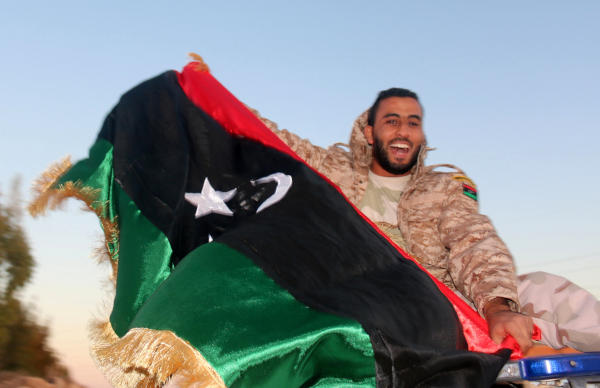In his last speech, the eccentric Libyan leader Muammar Gaddafi asked a question that was full of astonishment and amazement and that has stayed with us to this day. The question was “Who are you?” and referred to “strangers” to events in the region who claim to speak on its behalf, on behalf of its people, in the name of its past, present and future.
If this question is important, there is a more important and serious question and that is “Who are we?” This is because an honest and proper answer to this question would be a key to many other answers for us. There is a clear imbalance in identity in general in the Arab world; societies have clearly failed to form a civil incubator that ensures rights and establishes the idea of “true citizenship” for all without clear and visible discrimination.
In western societies, an American historian posed the same question in his important book entitled “Who are we?” in which he pushes western societies to ask this question. Today we see the “choices” of some societies; some of them are inclined to the right like America, the United Kingdom and Italy, and some of them decided to stay in the centre like Germany, Canada, Sweden and Austria.
The Arab world as a whole is still made up of two fundamental forces; sects and tribes, and these two forces are sometimes stronger than the sense of collective national belonging. This is an obstacle for societal integration and assimilation that secures the required peace in society.
Perhaps what is more important than extensive books that deal with this issue is the French writer of Lebanese origin Amin Maalouf. Maalouf himself is a mix of complex identities and personalities and this is reflected in his incredibly important book “Deadly Identities” in which he refers to important points through which the identity of free and confident societies is formed. These societies are not afraid of assimilation as opposed to closed societies that fight and suspect everything that does not resemble them.
An authentic traditional dance has become part of world heritage in an Arab country and some voices of discord have doubts about “all” of this heritage and are fighting this choice. Another country is discussing the identity of its non-Arab residents and has become confused; are these residents considered to be from the country or not? There are other pathetic and disgusting examples.
These are all signs of a clear imbalance in identity and a big failure to choose the comfortable answer. Will identity be “restricted” to what society is used to out of fear of the unknown? Or will identity be “extensive”, comprehensive and accommodating to all in order to become richer, deeper and more knowledgeable?
When this important and “embarrassing” question is considered and answered, it will be possible to discuss real solutions for a deep problem. A state where there is true citizenship is still a long way off, we see only “countries” and not “homelands”, and there is a great difference between the two.
